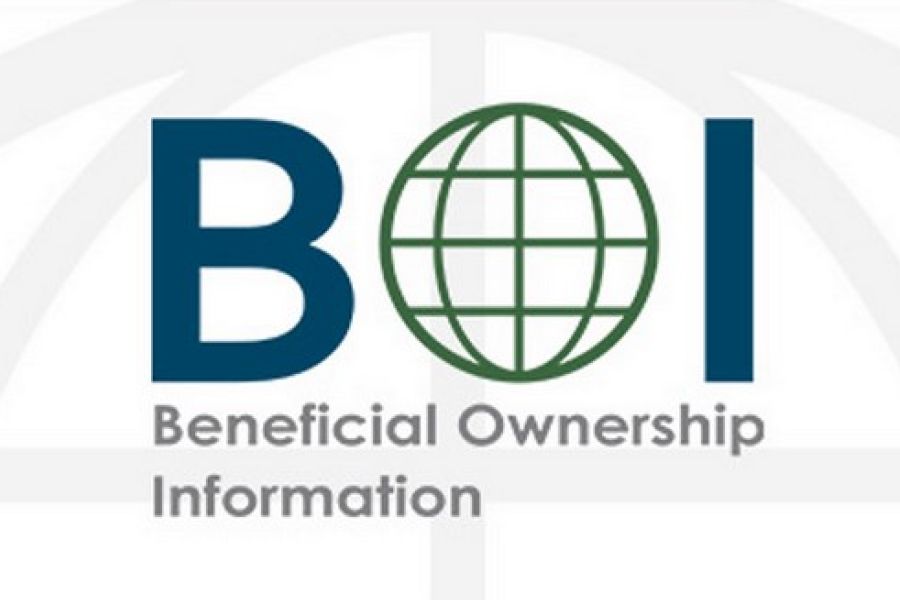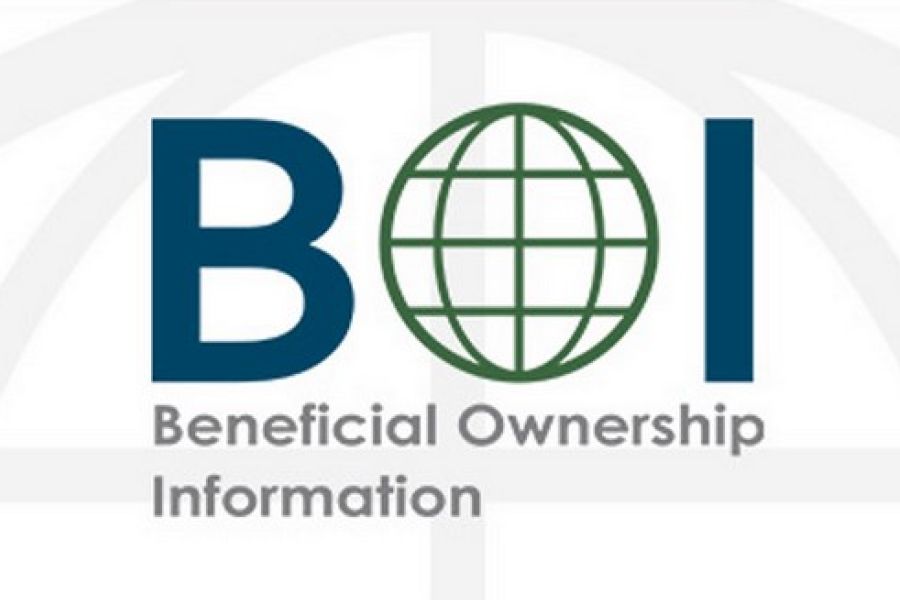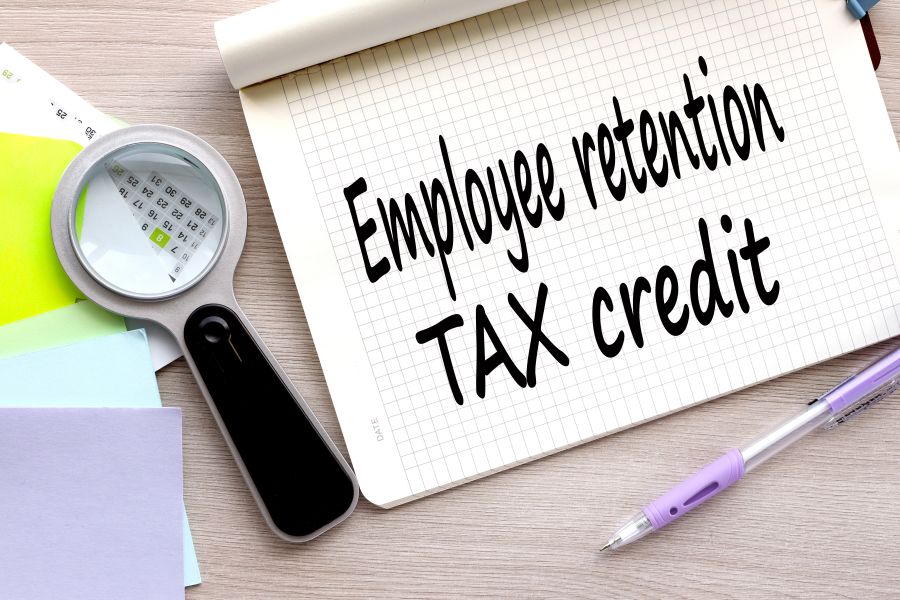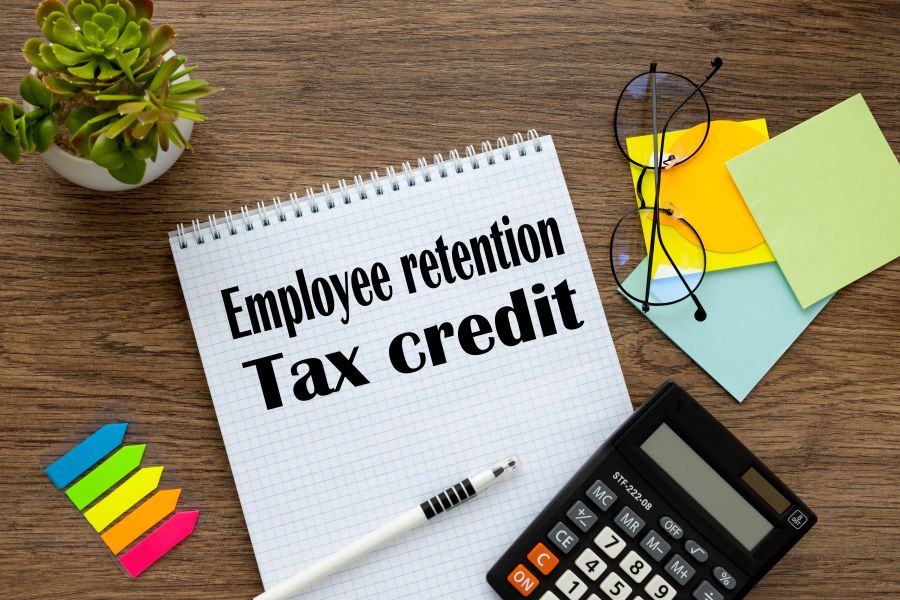In a groundbreaking decision, a federal district court in Texas has issued a nationwide preliminary injunction that blocks the enforcement of the beneficial ownership reporting requirements under the Corporate Transparency Act (CTA). This ruling comes from the case Texas Top Cop Shop v. Garland (December 3, 2024, U.S. District Court, Eastern District of Texas, Case No. 4:24-CV-478). . The court's decision is centered around the assertion that Congress overstepped its legislative bounds with the CTA. The judge determined that the law intrudes on the states' rights to regulate business entities within their jurisdiction, thereby deeming it unconstitutional. As a direct result, the U.S. Treasury's Financial Crimes Enforcement Network (FinCEN) is now barred from enforcing the upcoming January 1, 2025, deadline for reporting companies to submit their beneficial...

In 2021, Congress passed the Corporate Transparency Act (CTA). The CTA requires many entities doing business in the US to report information about the individuals who ultimately own or control them (the entity's "beneficial owners"). The CTA's expanded anti-money laundering laws require that small businesses report this beneficial owner information to the Financial Crimes Enforcement Network (FinCEN) in an effort to create a national database for use by national security and law enforcement agencies to prevent the use of shell companies for criminal activity. The new "Beneficial Ownership Interest" (BOI) reporting requirements, effective January 1, 2024, apply to domestic and foreign companies created or registered to do business in the US by filing a document with the Secretary of State (or similar office). While certain types...
As Reported via IR-2024-263 on 10/10/2024 The Internal Revenue Service announced on 10/10/2024 continued progress on Employee Retention Tax Credit claims, with processing underway on about 400,000 claims, representing about $10 billion of eligible claims. Work on the claims for small businesses and others is ongoing as the agency continues to navigate a large volume of claims from the complex pandemic-era credit. A significant number of the Employee Retention Tax Credit (ERTC) claims came in during a period of aggressive marketing by promoters, leading to a large percentage of improper, ineligible claims. “The IRS understands the vital importance of Employee Retention Tax Credits payments for struggling small businesses, and we are continuing to make important progress on one of the most complex tax administration provisions we’ve...
As reported via IR-2024-240 on 9/18/2024 The Department of Treasury and Internal Revenue Service issued proposed regulations to provide guidance for the Alternative Fuel Vehicle Refueling Property Credit (the tax credit related to the installation of EV chargers). The Inflation Reduction Act amended the credit for qualified alternative fuel vehicle refueling property. The changes apply to qualified alternative fuel vehicle refueling property placed in service after 12/31/2022, and before 01/01/2033. Business vs Non-Business Property Property Subject to Depreciation The credit amount for property not subject to depreciation is 30% of the cost of the qualified property placed in service during the tax year. The credit is limited to $1,000 per item of non-depreciable property Property Not Subject to Depreciation The credit amount for depreciable property is 6% of the cost of the...
Electric vehicles (EVs) have become increasingly popular. According to Kelly Blue Book estimates, the EV share of the vehicle market in the U.S. was 7.6% in 2023, up from 5.9% in 2022. To incentivize the purchase of EVs, there’s a federal tax credit of up to $7,500 for eligible vehicles. The tax break for EVs and fuel cell vehicles is called the Clean Vehicle Tax Credit. The current version of the credit was created under the Inflation Reduction Act. Here are answers to some frequently asked questions. Which vehicles qualify for the credit? To qualify for the full $7,500, there are several requirements. For example: The vehicle must be a new plug-in electric or fuel cell vehicle. It must have a battery capacity of at least seven kilowatt...
As appearing in IR-2024-198 Businesses urged to proactively resolve erroneous claims to avoid penalties, interest, audits As the Internal Revenue Service intensifies work on the Employee Retention Tax Credit (ERTC), the agency today shared five new warning signs being seen on incorrect claims by businesses. The new list comes from common issues the IRS compliance teams have seen while analyzing and processing ERTC claims. The new items are in addition to seven problem areas the IRS previously highlighted. The IRS urged businesses with pending claims to carefully review their filings to confirm their eligibility and ensure credits claimed don’t include any of these 12 warning signs or other mistakes. Businesses with these indicators should talk to a trusted tax professional and consider using special ERTC Withdrawal Program that remains available. Business considering...
As appearing in IR-2024-203 Agency accelerates work on complex credit as more payments move into processing. Vigilance, monitoring continues on potentially improper claims On 8/8/24, the Internal Revenue Service announced additional actions to help small businesses and prevent improper payments in the Employee Retention Tax Credit (ERTC) program, including accelerating more payments and continuing compliance work on the complex pandemic-era credit that was flooded with claims following misleading marketing. The IRS is continuing to work denials of improper ERTC claims, intensifying audits and pursuing civil and criminal investigations of potential fraud and abuse. The findings of the IRS review, announced in June, confirmed concerns raised by tax professionals and others that there was an extremely high rate of improper ERTC claims in the current inventory of ERTC claims. In...
(As appearing in IR 2024-186) IRS reminds car dealers and sellers to be aware of phishing scams In light of the CDK ransomware attack, the Internal Revenue Service would like to remind car dealers and sellers to be aware of evolving phishing and smishing scams that could impact day-to-day operations of the business. In light of the recent ransomware attack against CDK, the IRS is warning individuals and businesses to remain vigilant against these attacks. Fraudsters and identity thieves attempt to trick the recipient into clicking a suspicious link, filling out personal and financial information or downloading a malware file onto their computer. Scammers are relentless in their attempts to obtain sensitive financial and personal information, and impersonating the IRS remains a favorite tactic. The IRS urges car dealerships...
Are you buying a business that will have one or more co-owners? Or do you already own one fitting that description? If so, consider installing a buy-sell agreement. A well-drafted agreement can do these valuable things: Transform your business ownership interest into a more liquid asset, Prevent unwanted ownership changes, and Avoid hassles with the IRS. Agreement basics There are two basic types of buy-sell agreements: Cross-purchase agreements and redemption agreements (sometimes called liquidation agreements). A cross-purchase agreement is a contract between you and the other co-owners. Under the agreement, a withdrawing co-owner’s ownership interest must be purchased by the remaining co-owners if a triggering event, such as a death or disability, occurs. A redemption agreement is a contract between the business entity and its co-owners (including you). Under...
If you own a closely held corporation, you can borrow funds from your business at rates that are lower than those charged by a bank. But it’s important to avoid certain risks and charge an adequate interest rate. Basics of this strategy Interest rates have increased over the last couple years. As a result, shareholders may decide to take loans from their corporations rather than pay higher interest rates on bank loans. In general, the IRS expects closely held corporations to charge interest on related-party loans, including loans to shareholders, at rates that at least equal applicable federal rates (AFRs). Otherwise, adverse tax results can be triggered. Fortunately, the AFRs are lower than the rates charged by commercial lenders. It can be advantageous to borrow money from your...











